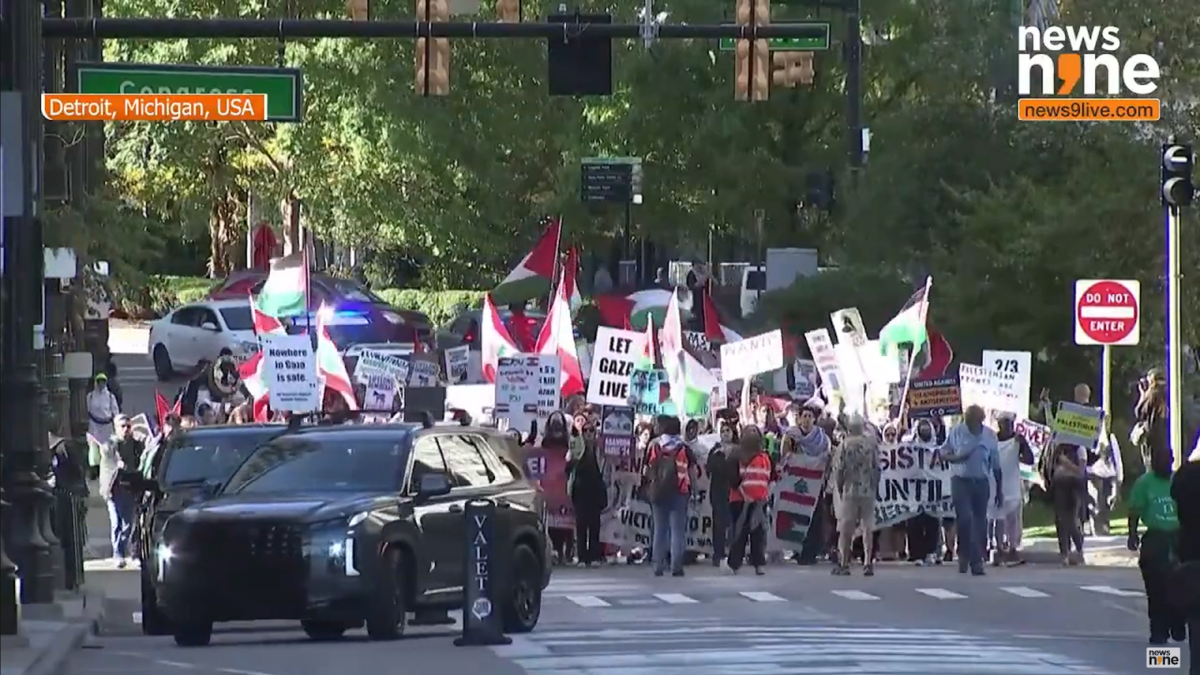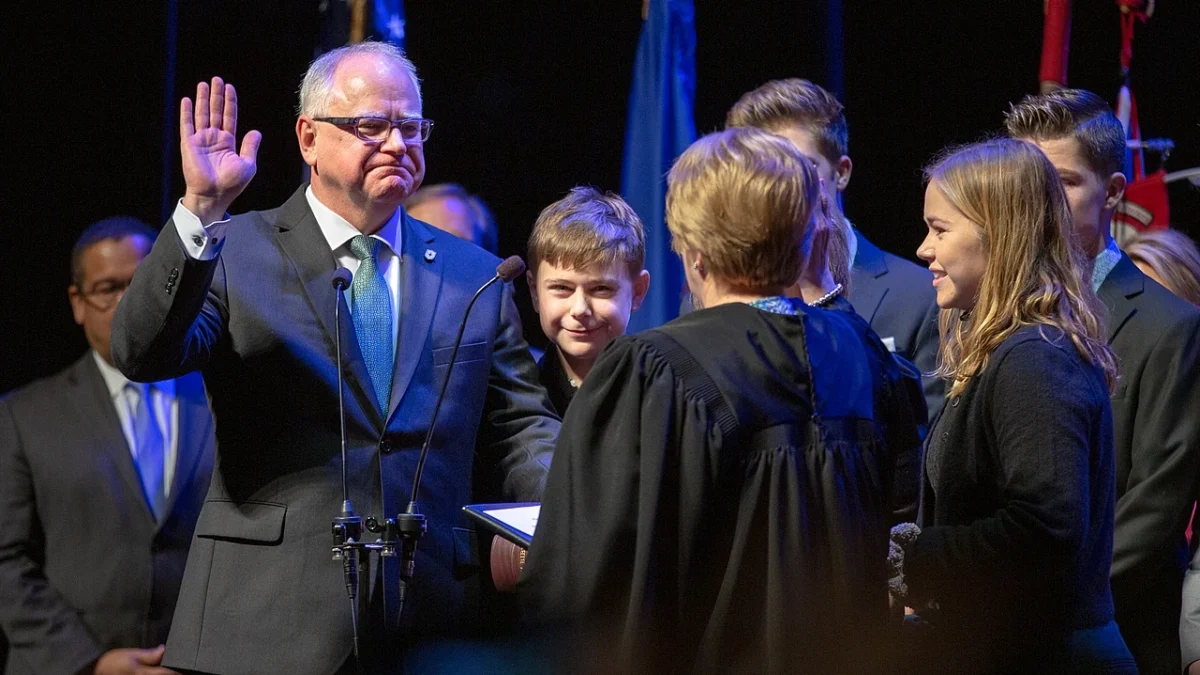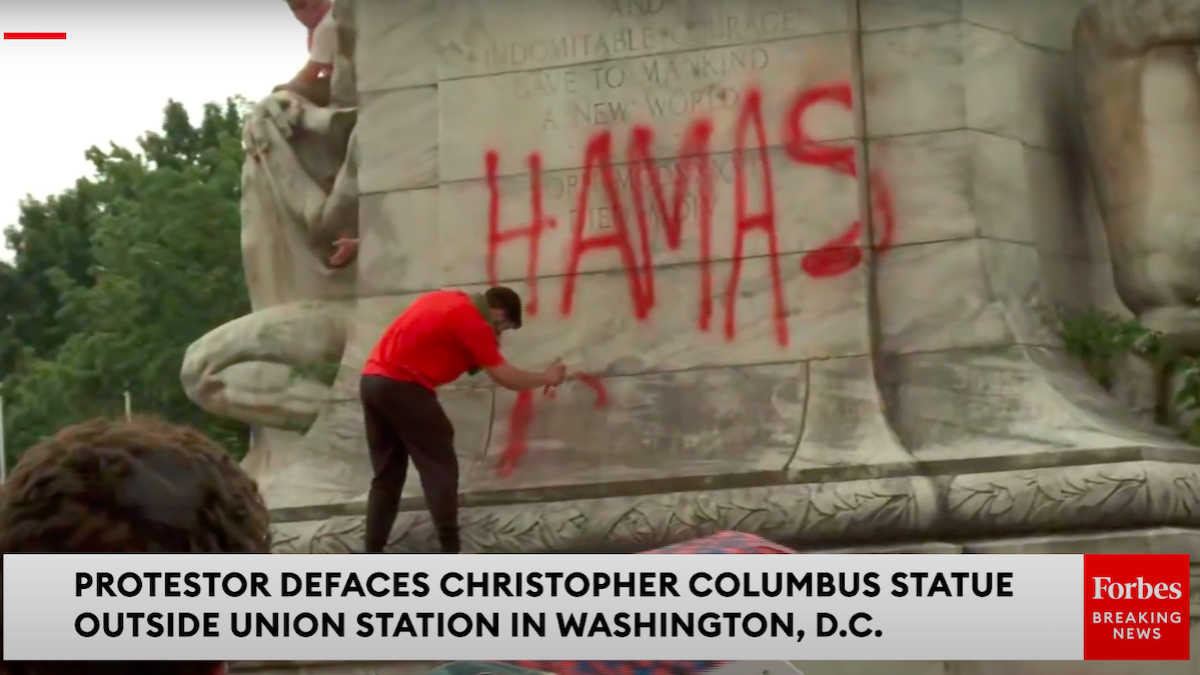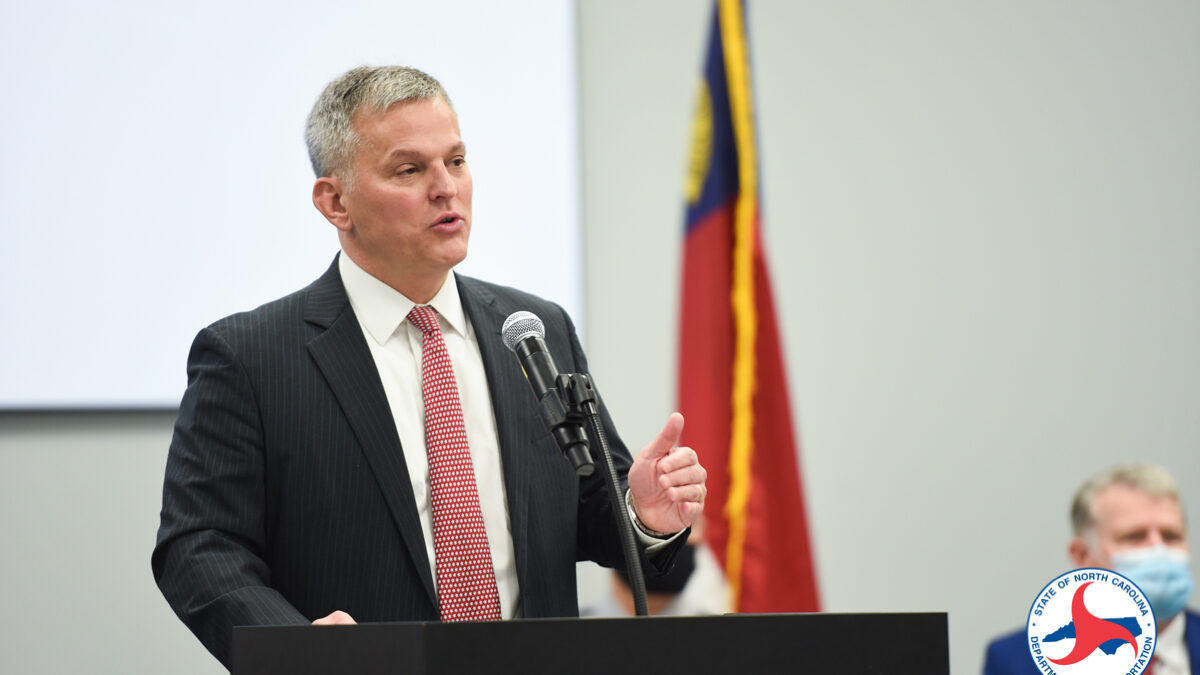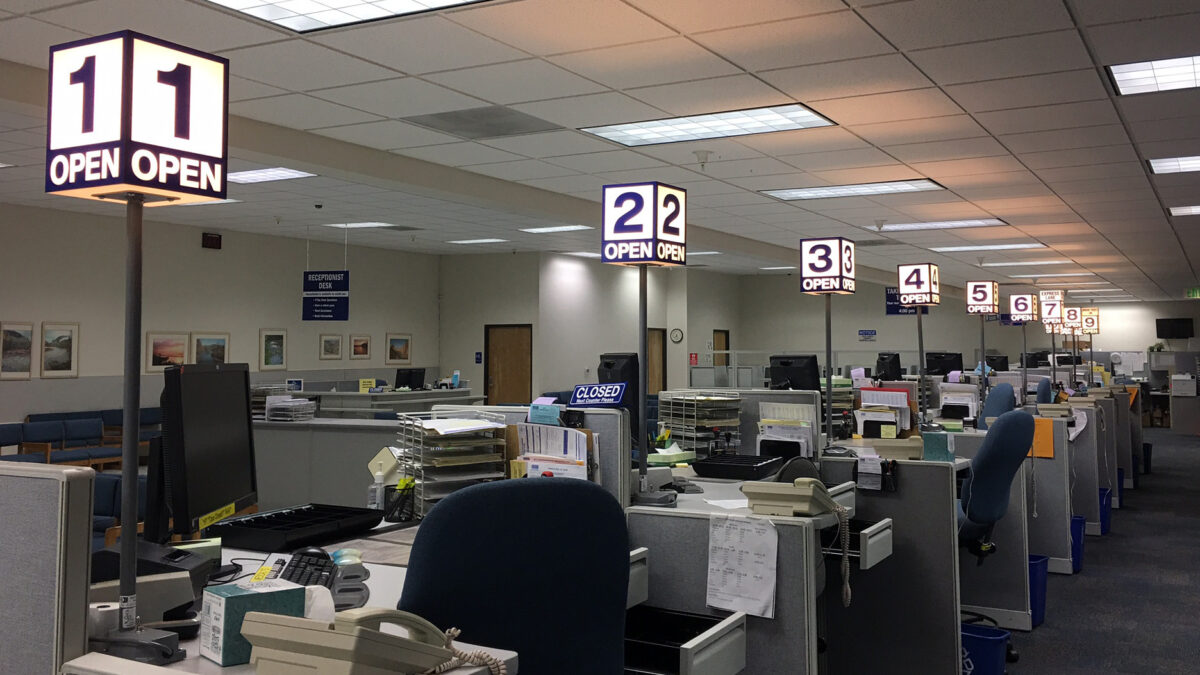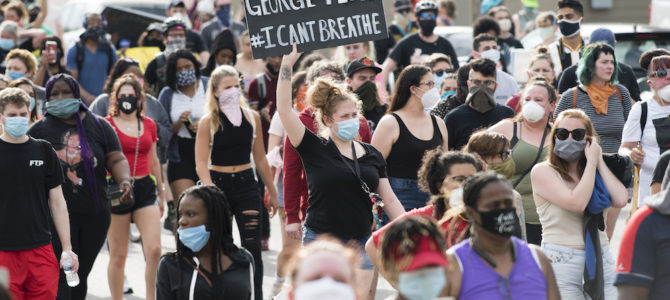
If you thought “abolish the police”—or it’s more moderate iteration, “defund the police”—was just some asinine slogan blue-check journalists, woke academics, and pandering public officials post on Twitter to show they support the Black Lives Matter movement, then you’re not keeping up with the revolution.
This week Los Angeles Mayor Eric Garcetti, announced the city would be slashing the police department’s budget by $100 to $150 million and instead “reinvesting in black communities and communities of color.” The cuts to the LA police will make up the bulk of $250 million in funds to be reallocated to “end racism in our city,” Garcetti said. How exactly those millions will be spent remains unclear, but the mayor has in mind investments “in jobs, in education, and healing.”
It’s unclear how cutting funds for the police will bring about healing in a city wracked by widespread looting and riots that forced Garcetti to request assistance from the National Guard to restore order last weekend. But it does demonstrate the extent to which BLM has been able to turn what should’ve just been an idiotic Twitter hashtag into actual policy.
In Minneapolis, where George Floyd died in police custody on May 25, kicking off nationwide protests and riots, the Minneapolis Park and Recreation Board terminated its contract with the city’s police department on Thursday following a similar move by the city’s school district. The University of Minnesota, museums and other venues have likewise severed ties partially or completely with the city police.
That means the parks will no longer use the city’s police to staff park events, and park police will no longer respond to requests for assistance from city police. It means no more school resource officers in public schools. It means, in general, fewer cops doing police work throughout the city.
Some in Minneapolis want to go even further. This week Rep. Ilhan Omar endorsed the idea of disbanding the Minneapolis Police Department, an idea put forward by a Minneapolis City Council member who wants to “reimagine what public safety means,” and “reinvest in cultural competency and mental health training, de-escalation and conflict resolution.”
Attacking The Police Is An Elite Luxury
BLM activists are celebrating these developments—it’s long been one their core demands—but so are people like Brian Fallon, former Justice Department spokesman and Hillary Clinton’s 2016 campaign press secretary, as well as supposedly moderate think tankers like the Niskanen Center’s Will Wilkinson, who tweeted out unironically that “communities no longer required to finance police with their taxes will purchase some other form of more accountable security.”
Fallon and Wilkinson and others like them seem completely unaware that these other forms of security—the mafia, cartels, armed militias—are far less accountable than the police. If you want to know what that form of security looks like, look at Iraq, or Somalia, or Libya.
What we learn from those places is that people who know they don’t have police protection will seek protection from whomever wields power, which is why even now you see businessowners whose stores have been looted and burned out expressing supporter for BLM and the ongoing protests. Often they are simply trying to establish their bone fides and insure against future property destruction by the rioting mob. They are afraid, but they also know who wields force in their community, and they are responding rationally. The BLM posters in their shop windows might as well say, “please don’t ransack my business, I’ll say and do whatever you want.” This is what happens when the police stand down. It isn’t new, it’s old.
So is the predictable response of wealthy elites. The wealthy need not worry about the mob. They can hire their own protection, which is why you see celebrities like John Legend and Natalie Portman signing letters to defund the police. They will be safe in their gated communities, protected by private security regardless of what happens to the police or what happens on the street. Ordinary people, especially women and minority communities, will be the first to fall victim to those who seize power in the absence of the police—the very people these elites claim to champion.
And meanwhile, journalists on Twitter will apologize for not being woke enough soon enough, like Vox’s Zach Beauchamp and Matthew Yglesias did this week when they dared to question the logic behind “abolish the police.”
These are not calls to reform the police, to make any of the necessary changes to things like qualified immunity laws or police union privileges—changes that would make a real difference and make police more accountable. Such reforms enjoy broad public support and could be passed if local officials were willing to stand up to police unions.
But calls to abolish the police are not about police reform. They are not about fighting for dignity and equal treatment for black Americans. They are not about ending the violence and disorder now gripping our cities. They are not about preserving or restoring an open and liberal society.
They are about power. And once the police are out of the way, those who called for abolishing them intend to wield it.


